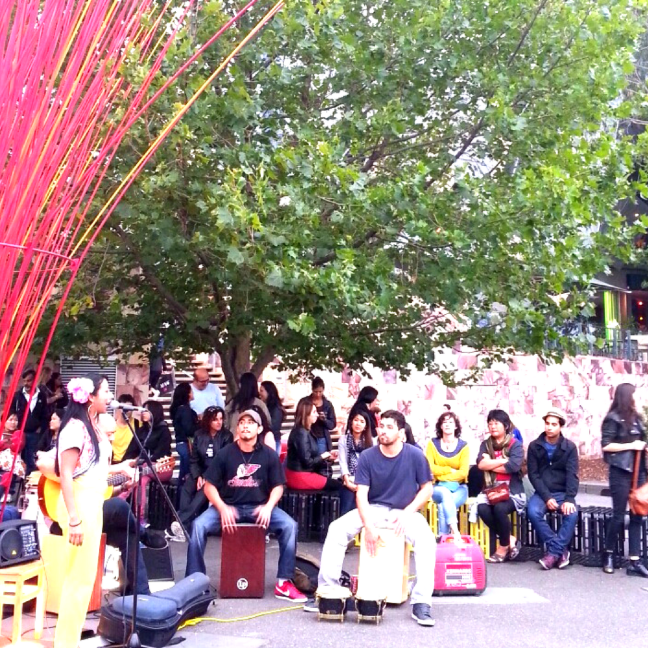I led a project where our team created an online cyber security training game. We used behavioural science to develop the game. I hired an intern who did a wonderful job building the prototype. Our team then contracted a great agency to work with us to enhance the game. Having an applied sociologist at the helm meant that accessibility and game design was developed with inclusion from inception.
Continue reading Applied Sociology and Cyber SecurityApplied Sociology and Cyber Security




